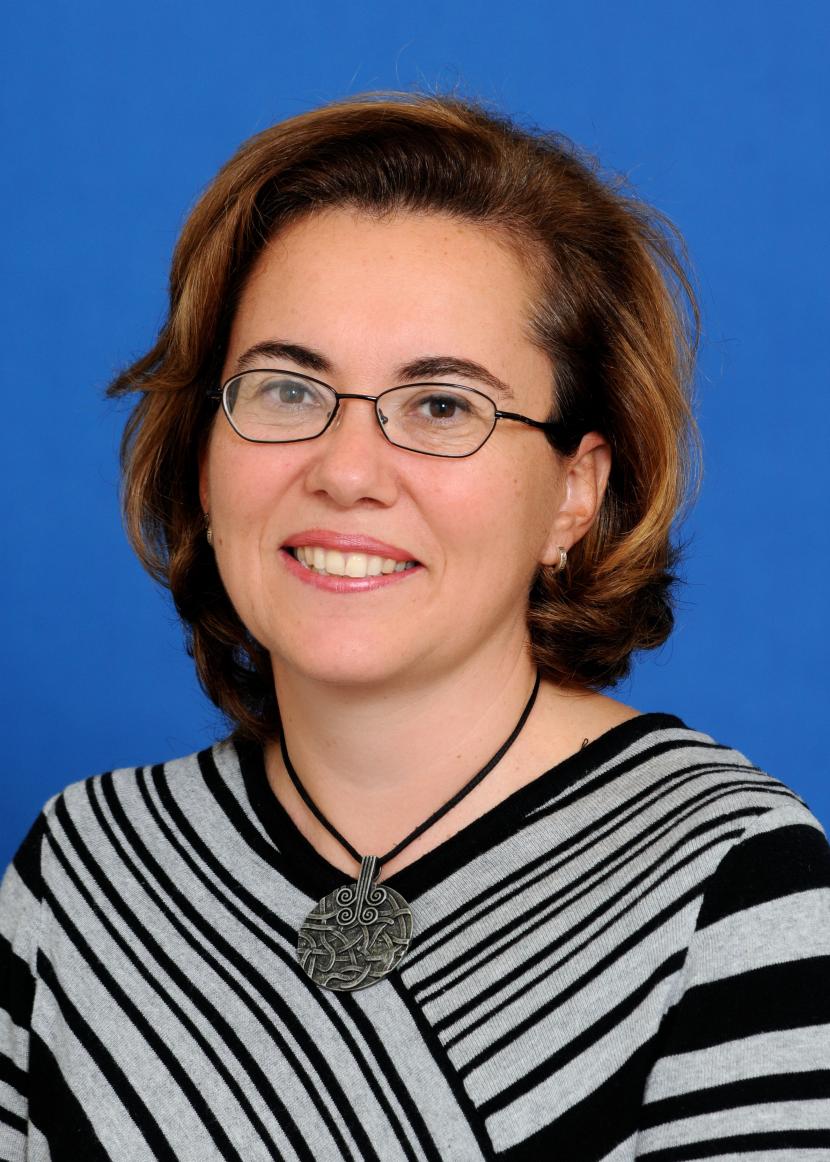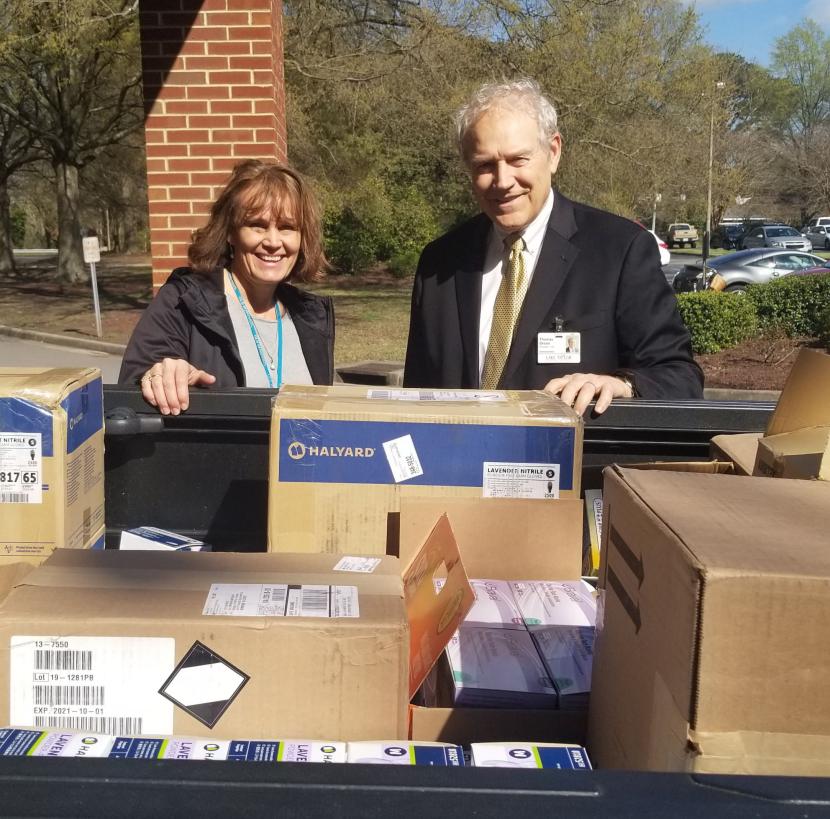By Irvin B. Harrell
For 25 years, Old Dominion University and Eastern Virginia Medical School collaborated on a Master of Public Health (MPH) program. However, in 2019 the College of Health Sciences launched its own program.
The new MPH program has been well received, attracting an initial cohort of more than 60 students. Priyanka Patel was one of them.
Patel, 32, from the western part of India, came to the United States 13 years ago for school. She received her first master's degree in food science from Alabama A&M and worked as a food scientist before coming to ODU to seek a public health degree.
Patel and some fellow students felt that something was missing in the program - the opportunity to be active in the community, help people, forge bonds between students and establish pillars for future students.
So the students created a Public Health Student Association (PHSA) dedicated to providing opportunities outside the classroom to volunteer locally, "learn about diverse populations, identify important health and safety outcomes, develop leadership skills and learn from experienced public health professionals in the field."
The group has seven board members as well as 33 members and counting.
"We are still recruiting undergraduates," Patel said. "We recruit by emails first, then through undergraduate faculty."
The PHSA has been active all over Hampton Roads. It has worked with the Foodbank of Southeastern Virginia and the Eastern Shore in quality assurance and food distribution. It has worked with Habitat for Humanity on a restoration project in Norfolk and a construction project in Suffolk. Members also have participated in the Interdisciplinary Health Education and Research (I-hear) project in Virginia Beach, providing health screenings at a local library.
Hira Nadeem, secretary of the association, brags about her "fantastic team of hardworking classmates." It was slow going at first, she says, but once the student group worked out a few kinks in the fall, things were off and running.
"The first semester was shaky with ironing out the details for successful fundraisers, recruiting, hosting general meetings, and spreading the word about our organization," she said. "However, I know ... we will create an excellent foundation for the next round of leaders and members."
One of the main goals of the PHSA is to provide a platform for students to get experiences in the communities and exposure to public health issues.
"We have a practicum, so while getting these experiences we also get to network with organizations and work on future projects with them," Patel said. "This networking can be a steppingstone to an internship."
Also in the works are fundraisers, T-shirt sales, mentorship opportunities and expanding the association's reach beyond public health students to those in programs such as human services, computer science and biology. The PHSA plans to partner with other campus student groups to expand its volunteer opportunities, too.
"The smallest activities and gestures can help an organization to aid the community," Nadeem said. "For example, I have completed quality assurance at the Food Bank, which ensures no damaged goods reach the public and make people sick."
Patel says she never imagined that she could use her food science knowledge for the public good instead of for the benefit of a company. As a food scientist, she worked at Mondelez International, a multinational confectionery, food, holding and beverage company. There she worked on product development for such items as Trident gum and Swedish fish. The main concern in that industry was making these items more palatable. Public health is a different story, she said.
"When you are in public health, you think of dental issues, awareness, how people are taking and consuming your product, is it good for them or not," she said.








